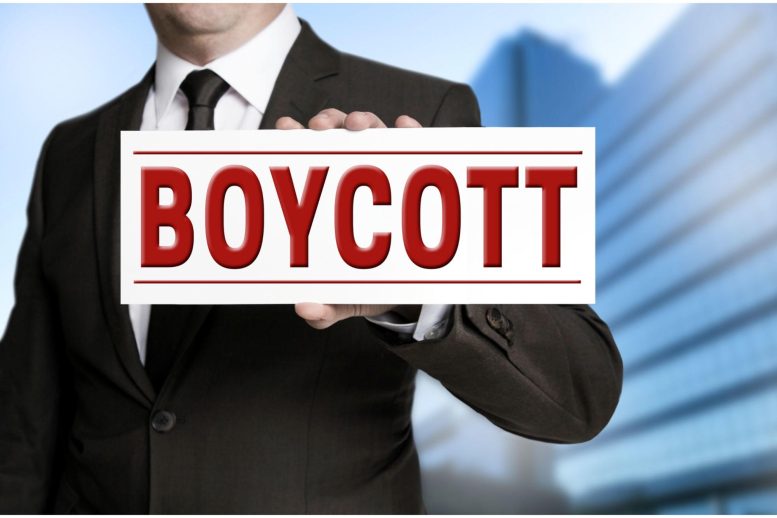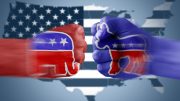
A boycott is a form of protest in which individuals or groups refuse to buy or use a particular product or service in order to show their opposition to a company or entity. Boycotts are often organized as a way to apply pressure on companies or governments to change their policies or practices. They can be motivated by a wide range of issues, such as human rights violations, environmental concerns, or political beliefs.
The political controversy surrounding Goya CEO’s political statements in 2020 has shed light on the question.
The CEO of Goya, a well-known Latin food brand, publicly endorsed then-president Donald Trump during a campaign event in the 2020 US presidential election. This sparked a boycott and a counter “buycott” movement in support of the brand.
Do such boycotts or “buycotts” have any impact on brand sales? A recent study examined the impact of these actions on Goya’s sales in both the short and long term. The researchers found that the immediate increase in sales due to the buycott was significant, but not sustained over time. On the other hand, the boycott had a temporary impact on sales in heavily Democratic counties.
The researchers’ study, which was recently published in the journal Marketing Science, was conducted by Jūra Liaukonytė of Cornell University, Anna Tuchman of Northwestern University, and Xinrong Zhu of the Imperial College Business School in London.
“After the CEO made his statements, Goya sales temporarily increased by 22%,” says Jūra Liaukonytė. “But this net sales boost fully dissipated within three weeks.”
Anna Tuchman adds, “There was a lack of empirical evidence on buycotts, and we wanted to know, ‘What was the net effect of the boycott versus the buycott movements on sales? How long did the sales impact last, and how did it vary across local markets based on political affiliations?’”
To get the answers, the researchers analyzed sales data over time and by market, as well as the rates of social media and news media activity on the issue.
“Goya’s sales were historically stronger in more Democratic markets,” says Xinrong Zhu. “Among consumer packaged goods (CPG) companies, Goya is one of the most Democratic brands. Consistent with this, we found that the boycott generated 75% more chatter on social media than the buycott. And related media coverage was overwhelmingly dominated by the boycott narrative.”
Still, the researchers found that the actual sales response went in the opposite direction, which suggested that in the case of political consumerism, social media metrics may not be a good proxy for actual demand. In fact, the buycott effect dominated the boycott effect, increasing the company’s sales by around 22% on net in the weeks after the scandal. The effect, however, was short-lived.
“We found that the temporary increase in Goya’s sales came from consumers not traditionally thought of as the brand’s core customers,” says Tuchman. “First-time Goya buyers were from heavily Republican areas who did not continue buying the brand, and thus were not particularly valuable in the longer term.”
In heavily Democratic counties, the researchers found that the buycott effect was outlasted by a modest boycott effect that persisted up to eight weeks after the event. At the same time, the study authors found that the brand’s most valuable customers, Latinos, did not decrease their purchases of Goya products.
Ultimately, neither the boycott nor buycott had a lasting impact on sales.
Reference: “Frontiers: Spilling the Beans on Political Consumerism: Do Social Media Boycotts and Buycotts Translate to Real Sales Impact?” by Jūra Liaukonytė, Anna Tuchman and Xinrong Zhu, 11 August 2022, Marketing Science.
DOI: 10.1287/mksc.2022.1386









Further evidence that Americans are sorely lacking in resolve.
Boycotts make me feel better.